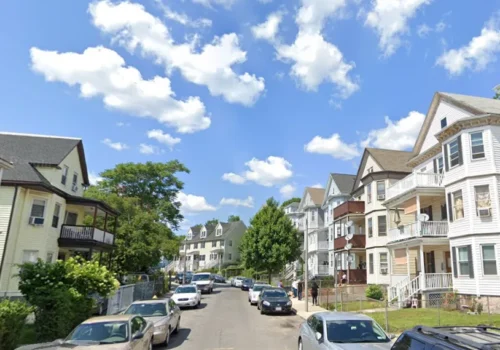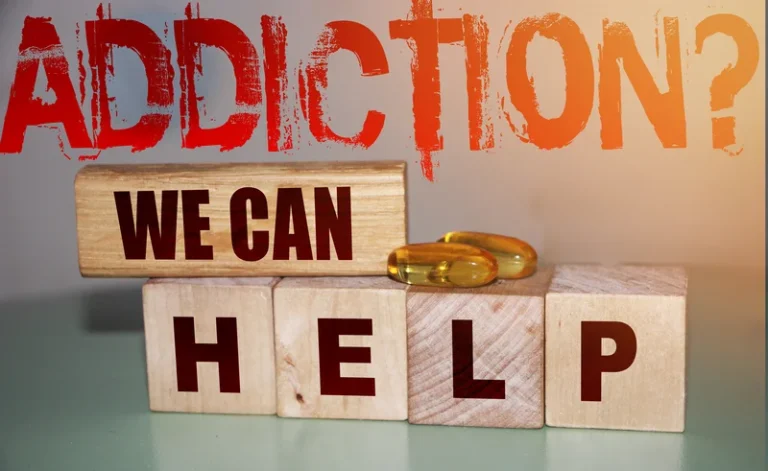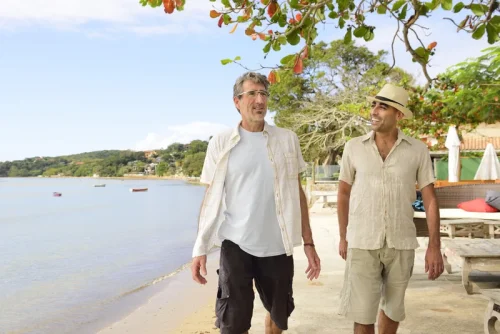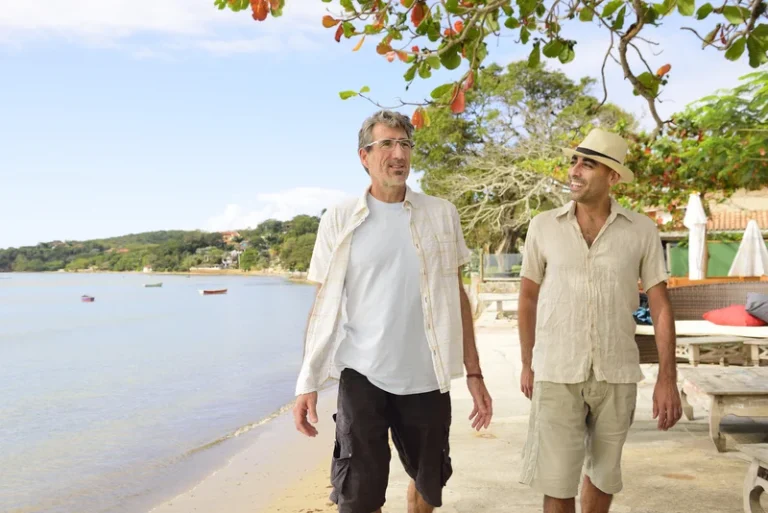
Relapse is a common part of the recovery journey, but it does not have to be inevitable. By understanding relapse triggers and having a solid relapse prevention plan in place, individuals can increase their chances of long-term recovery success. Mindfulness entails being completely present and aware of one’s thoughts, feelings, and surroundings.
- Relapse is a common part of the recovery journey, but it does not have to be inevitable.
- It may seem obvious to point out that drug and alcohol cravings can trigger a relapse, but it is worth discussing so that you can develop a plan for dealing with these triggers.
- But external triggers can become internal triggers if they bring up experiences you haven’t processed.
- Insisting on non-addictive prescriptions and alternatives to medication can help eliminate a potential source of triggers.
- While triggers do not force a person to use drugs, they increase the likelihood of drug use.
10. Places and Situations Where Drugs Are Available
Commit to talking with one or more of the support group members regularly. You can also reach out to them whenever you experience triggers or cravings. If you’re a support group member, keep trusted group members or leaders’ information in your prevention plan. If you fear you are at imminent risk of relapsing, contact them immediately. If you’ve relapsed before, try to identify the feelings you felt before your relapse.
Learn about some common triggers that raise the risk of relapse and how they can be avoided.
The researchers observed a rapid activation of the pathways related to drug cravings. When you see a doctor or mental health specialist, let them know that you are in recovery. Insisting on non-addictive prescriptions and alternatives to medication can help eliminate a potential source of triggers. In addition to self-awareness and support, seeking professional help, like therapy or counseling from experts at Lantana, can also be beneficial in managing triggers and maintaining sobriety. These changes can cause stress, anxiety, and uncertainty, which can lead to cravings and make it harder for individuals to cope with their addiction. Staying proactive by finding new, enjoyable activities and avoiding overwhelming feelings is an effective way to combat boredom.
The Psychological and Emotional Dynamics of Relapse

Firstly, it is important to understand what exactly is meant by a relapse. A relapse refers to the resumption of substance use or engaging in addictive behaviors after a period of abstinence or recovery. It can be a setback in one’s journey towards sobriety and can significantly impact an individual’s physical, mental, and emotional well-being. At this point, individuals that are in recovery from substance abuse, are experiencing feelings, both positive and negative, that can be precursors to repeated substance abuse. Navigating recovery from any form of addiction can be a challenging journey, especially when relapse happens.
Learning types of relapse triggers to recognize triggers, getting help from a counselor, and building a support network are all useful tools in preventing a relapse. Do everything you can to protect yourself, but don’t beat yourself up if you do slip. Having someone to support in situations where you are at risk of relapse can help. Find someone you trust and respect to kindly, but firmly, persuade you to stop what you’re doing if you do start to relapse. A whiff of cigarette smoke, watching people sip cocktails in a bar or restaurant, or a couple locked in an erotic embrace are reminders that seem to be everywhere in the early stages of quitting.

Think through in advance how you are going to manage a party or holiday event. Consider how you’ll turn down an offer of a drink, how you’ll excuse yourself from an uncomfortable conversation, and how long you want to stay. It’s completely okay to go home early if you are feeling overwhelmed, and having a plan of how to do it beforehand can help ensure you make a alcoholism smooth exit. Being tired can affect many aspects of your health and mood, and set the stage for a potential relapse. Taking the edge off of triggers involves, first, consciously recognising what they are – both before they come up, as well as when you encounter them. Identifying triggers helps you plan how to avoid them, and how to ground yourself when they do arise.


The solution to overcoming this relapse trigger is to learn how to channel your positive feelings in a positive way, without the use of substance =https://ecosoberhouse.com/ abuse. On average more than 85% of individuals are susceptible to relapse in the following year after drug and alcohol treatment. Relapse triggers are far more extreme for recovering addicts in the early recovery months of addiction treatment. Often, relapse will be preceded by a trigger that causes someone to start thinking about relapsing or creates a craving for a substance that was previously used. These triggers can be difficult to recognize and can completely disrupt a recovery if they lead to relapse.